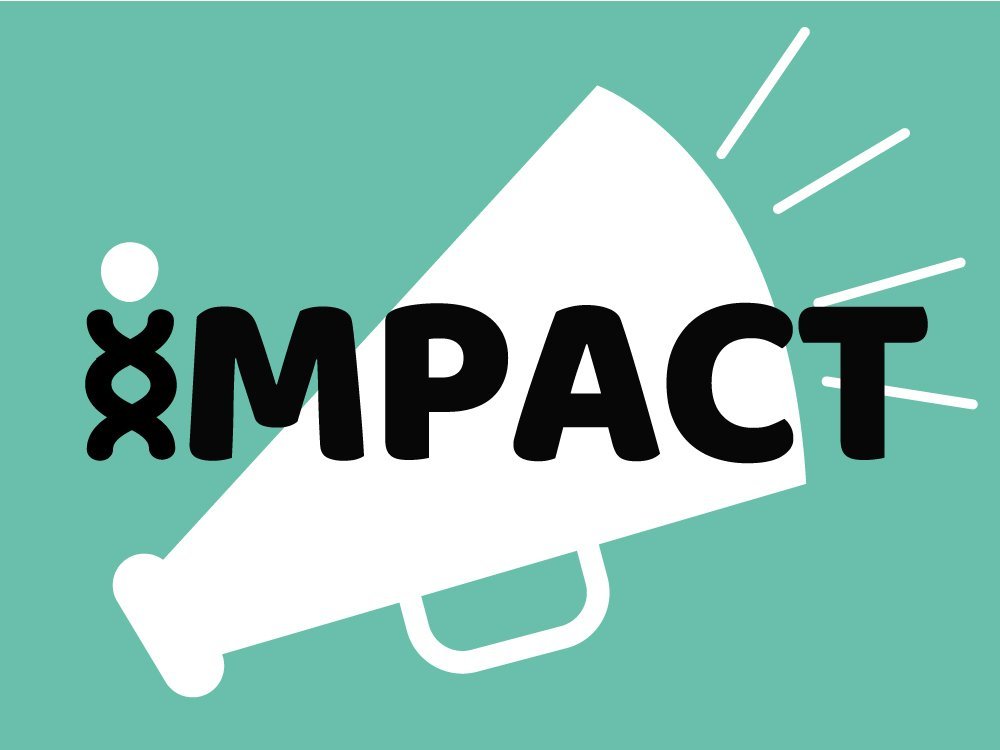Since The Lily Foundation was founded in 2007, one of our primary goals has been to listen to people affected by mitochondrial disease and give them a say in the services and support available to them. Patient advocacy is important in all areas of healthcare, but especially in the complex field of mitochondrial medicine, where symptoms can vary widely. Specialists often say their patients are the real experts, and we’re proud to provide a platform where those voices can be heard.
Over the last decade, the role of patient voices has shifted from being listened to to actively shaping policy, research and access to treatments.
“We’re now seeing patient voices not just consulted but recognised as an essential part of the drug development and approval process. These incredible achievements, from new treatments and clinical trials to mitochondrial donation IVF and beyond, are only possible because families have been willing to share their stories. We’re proud to ensure their voices remain central as we move into this exciting new chapter of mitochondrial research.” – Katie Waller, Lily Head of Patient Programmes
From securing NHS approval of idebenone, to shaping international research on TK2d, to inspiring early career scientists to put patients first, these examples show the power of advocacy in action. They also highlight how Lily is working with partners in the UK and globally to make sure families remain at the centre of progress.
Patients help secure NHS approval of idebenone for LHON
In August 2025, NICE approved idebenone for NHS use in people with Leber’s hereditary optic neuropathy (LHON), the first treatment for any mitochondrial disease to be made available in the UK. This milestone was achieved thanks to years of tireless advocacy from patients, families and the LHON Society, supported by The Lily Foundation. Testimonies about the devastating impact of sudden vision loss, and the urgent need for access, were central to the approval process.
Eight healthy babies born through mitochondrial donation IVF
In July 2025, it was announced that eight healthy babies had been born following mitochondrial donation IVF treatment in the UK. These landmark births, sometimes misleadingly referred to in the press as ‘three-parent babies’, are the direct result of patient advocacy a decade earlier, when families worked with The Lily Foundation to share their stories with MPs during the parliamentary debate. Their voices helped change the law in 2015, paving the way for this life-changing option for families today.
Putting TK2d in the spotlight
In June 2025, Katie presented new research at the European Paediatric Neurology Society (EPNS) conference in Munich. The findings came from the global Assessment of TK2d Patient Perspectives (ATP) study, which captured the real-life impact of TK2d on patients and caregivers. The research revealed the heavy physical and emotional burden faced by people of all ages living with the condition. These insights are now informing a patient group submission to NICE to support the review of a potential treatment, ensuring lived experience helps shape future care.
Representing patients at the ENMC
In November 2024, The Lily Foundation took the views of more than 70 people with primary mitochondrial myopathy (PMM) to the European Neuromuscular Centre (ENMC) workshop in the Netherlands. Patients had shared feedback on symptoms, trial design and participation, which we presented directly to international researchers, clinicians and industry leaders. Those patient voices have shone a light on how clinical trials should be developed to be more relevant, accessible and patient-friendly.
Engaging the next generation of mitochondrial researchers
At the EU-funded MITGEST training week in October 2024, our team delivered a session under the banner “Nothing about me, without me.” We spoke directly with PhD students and postdoctoral scientists about the importance of involving patients in research from the very beginning of their careers. The session inspired new ways of thinking and even led to the creation of an educational comic book, developed with our feedback, to help make mitochondrial science clearer and more accessible to families.
Equal partners in the LifeArc Centre
The Lily Foundation is proud to be an equal partner in the LifeArc Centre for Rare Mitochondrial Disorders, a groundbreaking initiative bringing together researchers, clinicians and patient groups. As the lead for Patient and Public Involvement and Engagement (PPIE), we’re making sure that families are not only kept informed but play an active role in shaping studies. This includes input into how research priorities are set, how studies are designed and delivered, and how results are communicated to the people who matter most.
Empowering our community to make an IMPACT
Our IMPACT committee provides a dedicated platform for people with lived experience of mitochondrial disease to guide the work of our mitochondrial clinicians and scientists. The committee ensures that decisions about trials, care and research are always grounded in what matters most to patients and families. By capturing and amplifying their voices, IMPACT is helping to drive change at every level, from NHS services to international research collaborations.
All these achievements demonstrate what’s possible when patients are empowered to speak – and decision makers listen. From new treatments and healthy births to more compassionate trials and stronger partnerships, progress is happening because families are leading the way.
But there’s much more still to do. With the support of our community, we’ll continue to campaign, collaborate and challenge until everyone affected by mitochondrial disease has access to the treatments, care and choices they deserve.




